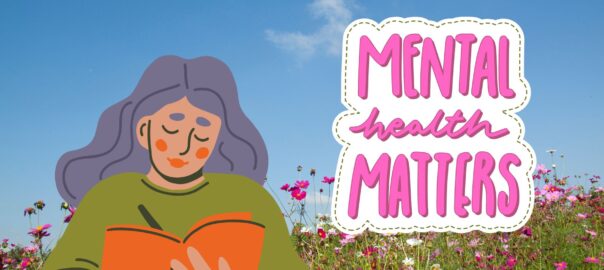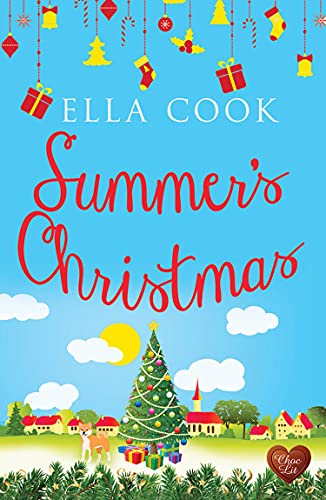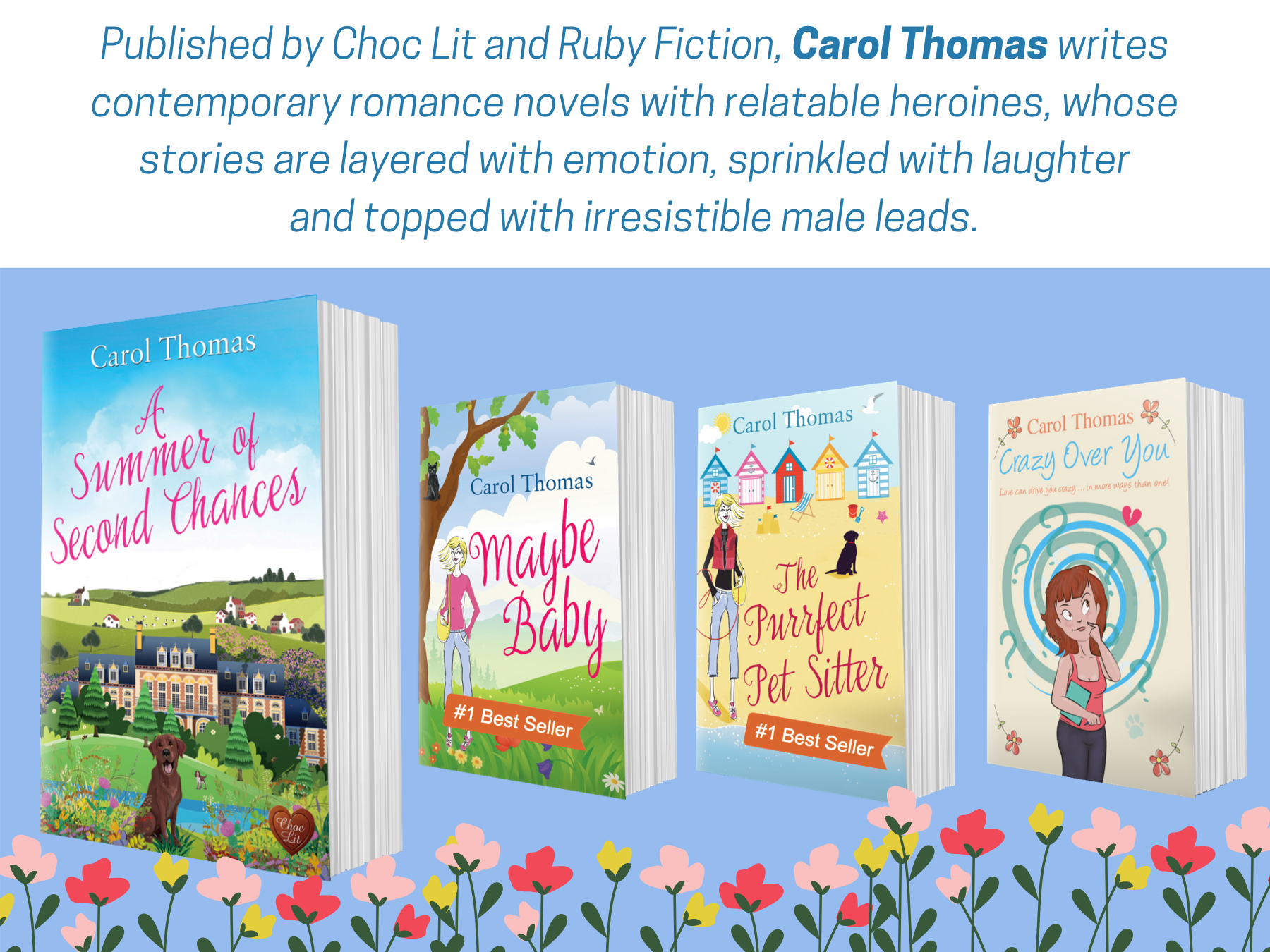Today, I am delighted to welcome Ella Cook to my blog as she talks about the importance of writing for mental health; over to you, Ella …
It’s not too much of an exaggeration to say writing is one of the most important things in my life: it’s how I make my living (in the business world), how I met my other half, and how I stay sane.
I was only a teenager in my first year of study when the proverbial rug got yanked from under my feet as I was handed the diagnosis of bipolar. Initially, the treatments and therapy were difficult and confusing. But, as luck would have it, the degree I was studying was Communications, Authoring and Design – so lots of writing was required. And it was that writing which gave me a focus, a place to be, and feel safe amongst all the crazy going on around me.
Writing has brought me through the hardest and worst parts of my life: through stresses, family illnesses, bereavement – and, yes, covid lockdowns. While other people were struggling with the idea of restrictions, I’d disappeared off into a fictional world filled with love and magic and sparkle.
Working in Health & Social Care, where mental health and emotional wellbeing is a specialist interest topic for me, I’m very aware of how useful writing can be from a therapeutic point of view. Research shows that writing can enhance self-awareness and self-understanding, which ultimately decreases depressive symptoms, anxious thoughts and how we experience stress.
Below are a few of the key techniques:
Expressive Writing: Often used in therapeutic settings to encourage people to write about their emotions and stresses and face them in a safe environment. You could think of this as the angry letter you write – to get the feelings out – but maybe never send. Or creating a character to face the scary things in life, so you can ‘try out’ options ahead of time (I do this one a lot!)
Creative Writing: Links very strongly to expressive writing and can give people a way to explore topics that might be too complicated or too overwhelming to put into words – J.K Rowling famously commented that her Dementors were a fictional manifestation of depression (which explains why happy memories in the form of a patronus, or chocolate can beat them).
Reflective Writing: Regularly used in professional settings to explore self-performance and learning. It’s about asking questions of yourself and seeing how you can learn from experiences. You may well have already done this in supervisions at work or when putting together a CV. It can be a great tool for improving personal and professional relationships.
Getting Started
For a lot of people, there can be a lot of worry about how/where to get started writing, what to put down on that blank page, and whether or not what you write is good or interesting enough. Some people worry about how they can possibly write anything without having built their whole (fictional) world first.
It shouldn’t be that pressured. You can start with a single scene or image. Or one character. Or pick one question. These are called writing prompts. If you go onto any social media platform or search engine and type in Writing Prompts, you’ll get plenty of inspiration. But as it’s mental health week, how about opening a document or beautiful notepad (or, in my house, finding a random bit of paper to scribble on and a not-too-blobby pen) and just spend 5-10 minutes looking at the pretty picture below, and writing down whatever pops into your mind. You might be surprised.
The book I’m currently working on started with the image of a lighthouse. Now it’s heading to 50,000 words and growing!
Thank you so much for the great post, Ella. xx
Ella Cook’s novel Summer’s Christmas is currently available in paperback, ebook, audio and is free on Kindle Unlimited.
Bringing the spirit of Christmas to a summer’s day …
Summer by name and summer by nature – that’s how people describe Evelyn’s happy, outgoing daughter. Even if her favourite time of year is actually Christmas!
But Summer has gone through more than any eight-year-old ever should, and that’s part of the reason Evelyn is leaving everything behind to return to her childhood home in the village of Broclington; just her, Summer and Summer’s best friend – a Shiba Inu dog called Tilly. Unsurprisingly, Evelyn is hesitant to let anyone else in, although local vet Jake MacPearson seems intent on winning her trust.
When Evelyn receives the news that every mother dreads, it’s Jake who comes to the rescue. With the help of the Broclington community, could he be the man to bring festive magic to August, and make all of Evelyn and Summer’s Christmases come at once?
About the Author:
Ella is one of those people who is addicted to the written word. She’s been obsessed with books since before she could walk. She decided to become a writer as soon as she realised that stringing letters together in the right order could actually be a career.
She grew up in the outskirts of London, where fairies lived at the bottom of her Grandma’s garden, so it isn’t surprising that she still looks for magic in everyday life – and often finds it.
When she’s not living in a fantasy world of her own creation, she writes bids and develops programmes for children’s services and lives in rural Warwickshire (where there are probably more fairies). She shares her house with two small parrots, one of whom likes to critique her writing from his favourite spot on her shoulder, and her husband, who is ever-loving and understanding and makes her gallons of tea in magical cups that can keep drinks warm for whole chapters.
Discover more about Ella and her work here: Ella Cook Writes.




